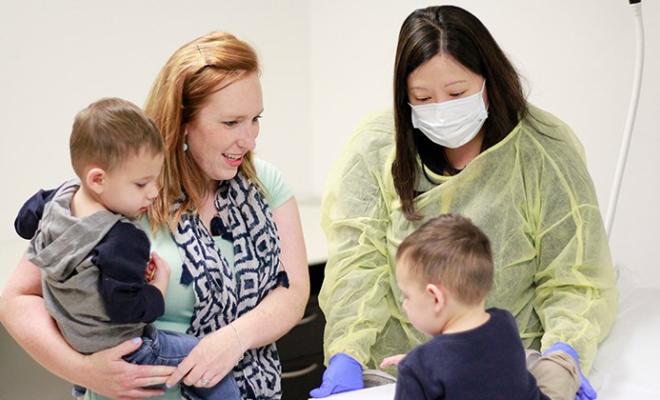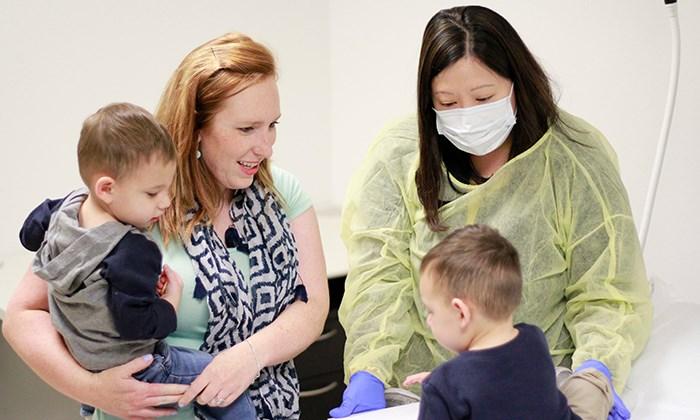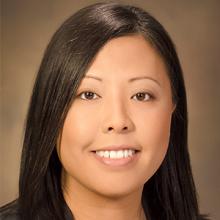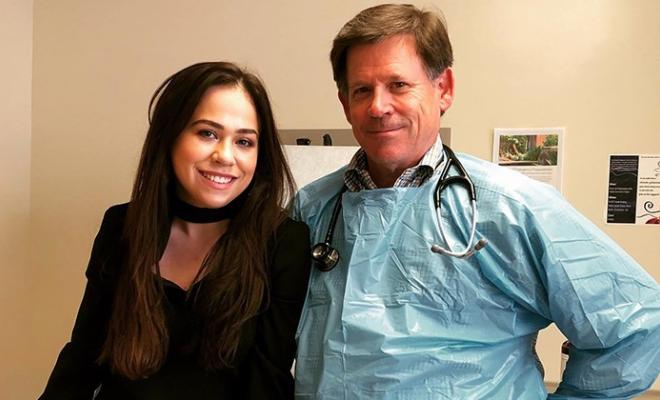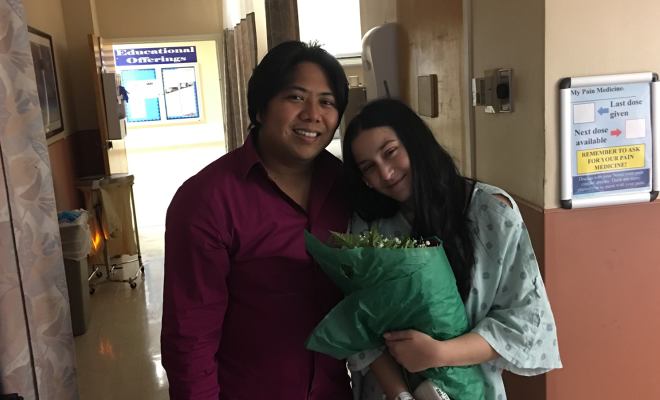Many think that pharmacists “love medications” and believe they are the only way to treat ailments. In reality, many pharmacists, like myself, try to improve treatment so that it is safer and more effective and, whenever possible, minimize what is commonly called “polypharmacy” (using more than one medication or therapy for a given sign, symptom, or indication).
Although clinical care guidelines provide recommendations that are both expert- and evidence-based, I believe that, in the end, no two people are the same. Therefore, their therapy may not necessarily be the same either. Treatment should be individualized to each person, with evidence-based care as the framework. That's why I truly believe that any treatment plan should be made in partnership with the cystic fibrosis care team and each person with CF. As care team members, we often ask SO MUCH of our patients in terms of the number and frequency of prescribed medications. We sometimes fail to take a step back and think about what we are really asking of them.
For example, over the years, I have gotten an increasing number of questions about complementary and alternative medicines and/or supplements. This led me to do my own “investigative work” and self-reflection on this category of treatment.
When I first began looking into this, my initial reaction was, admittedly, a negative one. As a clinician, the unknowns scared me -- the unknown potential interactions with current medications, the unknown effects on organ function (e.g., kidneys, liver), the unknown safety implications, and the lack of information to help guide clinical decision-making about these therapies. I failed to really recognize WHY my patients and families were turning to these treatments.
And so, I took a step back and thought about: a) Why these may be of interest to my patients and families, and b) What could happen if I allowed my fear of the unknown to take over my approach to care (i.e., how would this kind of negative reaction affect the relationship I have with my patients and families? If I come off completely closed-minded about this, will my patients and families tell me if/when they are using them?)
What I have ultimately come to find is that there is much yet to be learned about complementary and alternative medicine or supplements.
This includes how they may (or may not) work in the body, their short- and long-term effects, how they interact with traditional medications, what an effective dose is, or how it should be formulated.
I have also found the way that certain products are marketed can sometimes cause misunderstanding, which is why it is necessary to go beyond what is stated on a product website. For example, a supplement is technically allowed to say that it “promotes” a certain aspect of health (e.g., lung health or function) on the label. But, “promoting” is not equivalent to “treating” a given condition -- a distinction that may not be clear to everyone.
Additionally, many people don't know that some complementary and alternative medicines or supplements affect or undergo processing by the liver -- and, so do CFTR modulators. Therefore, we aren't certain about the outcomes of combining them as part of daily care.
As a pharmacist, I am responsible for providing safe and effective treatment to my patients. For me, this means considering the use of complementary and alternative medicines or supplements alongside traditional medications used in the daily care of CF. I always try to stay as informed as possible about the data behind complementary and alternative medicines and then share this information with my patients and families.
At the same time, we as CF care team members should be open to the possibility that someone may decide to use a complementary or alternative medication or supplement, even though it may not necessarily be recommended clinically. In these cases, I feel that it is important to partner with patients and families in developing a treatment approach that includes a plan for monitoring for both efficacy (i.e., trying something for X months and seeing if it affects how you feel, lung function, symptoms, etc.) AND safety (i.e., drawing blood at given time points to check labs for effects on the body, including kidney and liver function).
Now, admittedly, when it comes to complementary and alternative medicines or supplements, I am not the first to say, “Yes, go ahead and use it!” However, I try to be the first to say, “Let's talk about it, together -- the good and the bad, what possible effects we should look for, and what we should monitor to be as safe as possible.”
One of the most important things I have learned is that approaches to care, whether traditional medicine or alternative treatments, should be an open dialogue between people with CF, their families, and their CF care team.
I want my patients and families to feel that they can talk with me about what they are considering or are using without fear of judgement or disappointment. Your voice and what you value in your treatment and health is important. So, “Let's talk about it, together.”
Join the conversation on Facebook.

